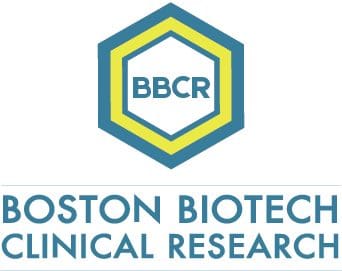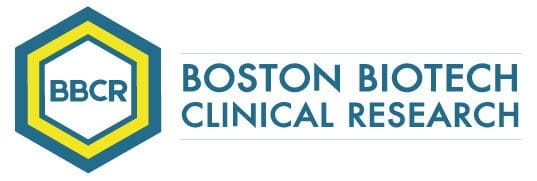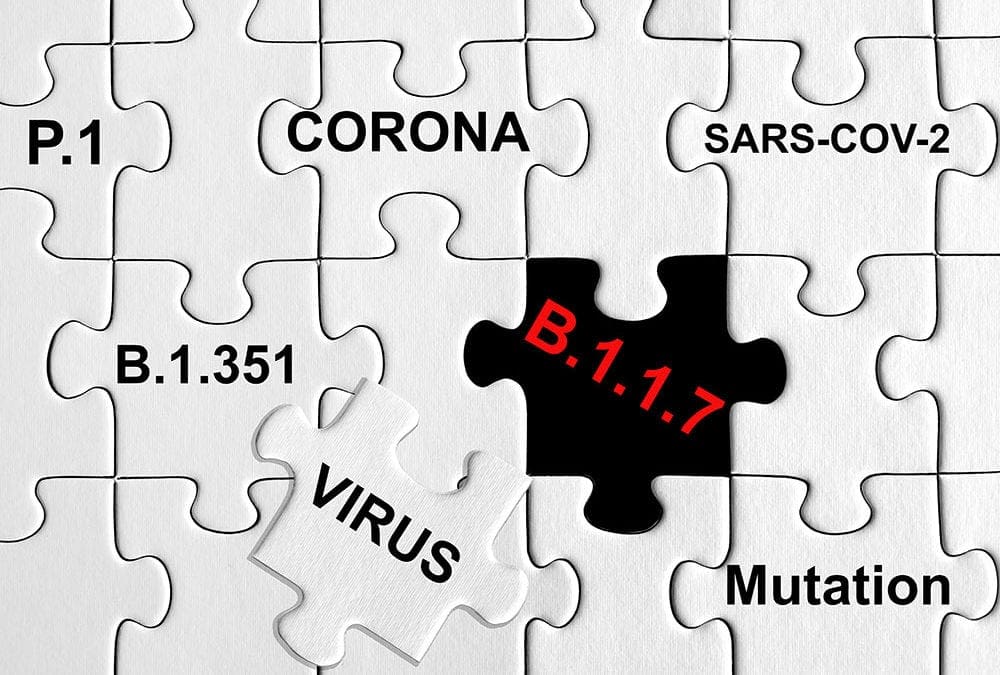Multiple SARS-CoV-2 variants are circulating globally. Several new variants have emerged in the fall of 2020.
Source ArticleMany variants are relatively unremarkable. But scientists have been keeping a close watch on three rapidly spreading variants—first identified in the UK, South Africa, and Brazil—which harbor an unusual constellation of mutations. They all share a mutation that affects the receptor binding domain (RBD) of the spike protein, which the virus uses to clasp onto human cells’ receptors and enter them. That mutation potentially allows the virus to bind more tightly to ACE2 receptors, as studies in cells and animal model suggest.
Among these variants are the B.1.1.7 lineage in the UK and the B.1.351 lineage in SA, both of which share some mutations with the B.1.1.7 lineage, which is most concerning.
Hypothetically, if a virus can bind more tightly to the body’s ACE2 receptors, it could be more capable of establishing an infection once it gets into the body and/or of generating more viral particles in the upper respiratory tract, making it easier to transmit to other people, particularly during the presymptomatic stage.

Specializing in rare disease, Boston Biotech Clinical Research works with biotech, pharmaceutical, device companies and investors to streamline the clinical trial process. Our experienced team helps each client reach their specific goals by customizing a clinical and regulatory road map of simplified programs and streamlined protocols to meet our clients’ requirements.

